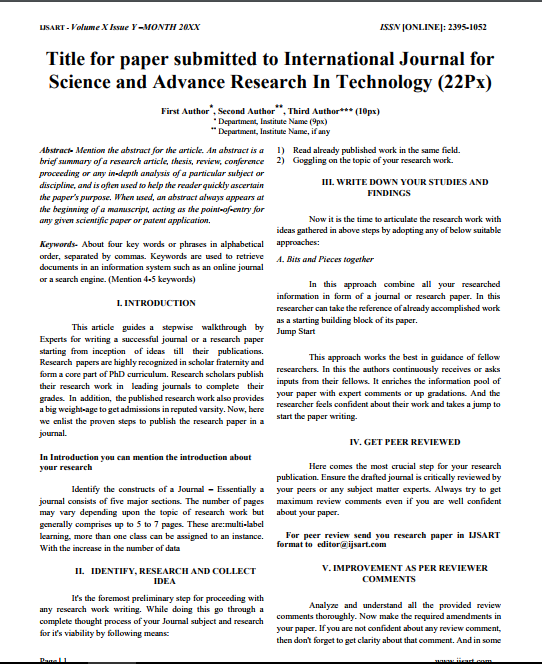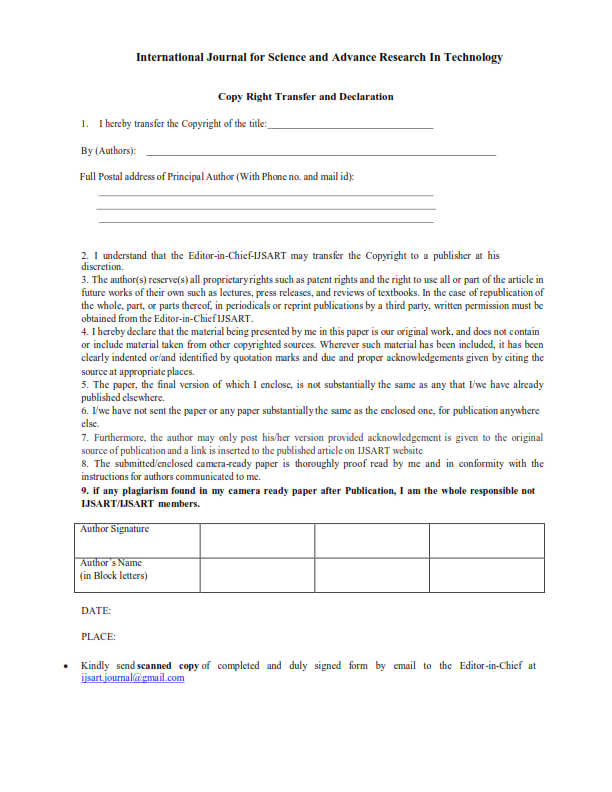Impact Factor
7.883
Call For Paper
Volume: 11 Issue 05 May 2025
LICENSE
Stabilization & Reconstruction Of Roads In Bc Soil Area Of Sh-150: A Review
-
Author(s):
Mandar Dilip More | Dr. M. R. Vyawahare
-
Keywords:
BC Soil, SH-150, Highway Construction, Stabilization, Pavement.
-
Abstract:
All Economies Are Impacted By The Long-term Durability Of Roads And Bridges. In Certain Regions, BC Soils Are Referred To As Regur Soils. All Of These States Have Soils Rich In Black Cotton. Likewise, The Narmada, Tapi, Krishna, And Godavari Do The Same.
Other Details
-
Paper id:
IJSARTV7I1250820
-
Published in:
Volume: 7 Issue: 12 December 2021
-
Publication Date:
2021-12-09
Download Article


